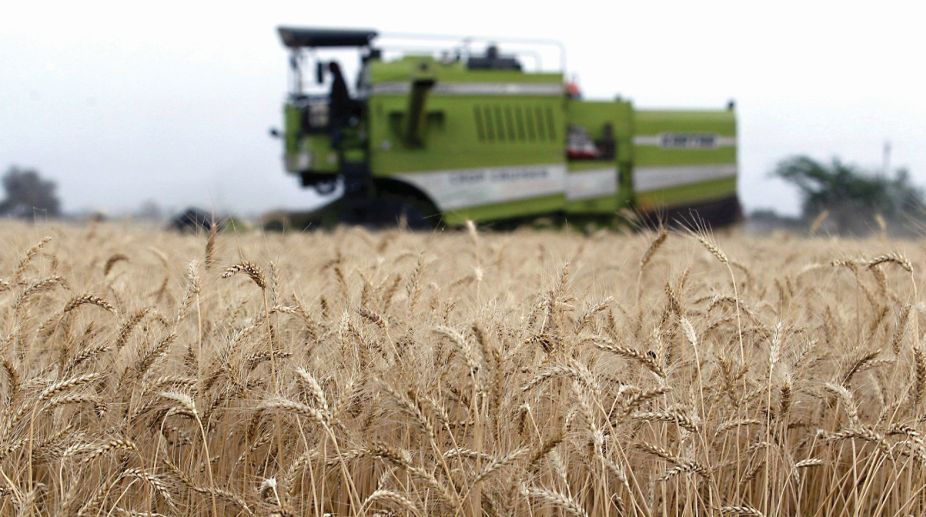PM announces $250 LoC for Kenya to modernise its agricultural sector
Modi stated that the growing cooperation between India and Kenya in the field of defence is a symbol of deep mutual trust and common interests of the two countries.
Italy’s National Research Council LaMMA meteorology consortium that 2022 was the hottest year since record-keeping began in 1800, the union Coldiretti released data on Wednesday showing that these unusual weather patterns had taken a heavy toll on the country’s agricultural sector.

[Photo: Representational Image]
The hottest year on record in Italy has resulted in dramatically lower output for the country’s farming sector, Italy’s main agricultural union said.
Following the announcement on Tuesday by Italy’s National Research Council LaMMA meteorology consortium that 2022 was the hottest year since record-keeping began in 1800, the union Coldiretti released data on Wednesday showing that these unusual weather patterns had taken a heavy toll on the country’s agricultural sector.
Advertisement
Impacts include a 30-per cent reduction in extra virgin olive oil, 10 per cent lower production for tomato-based products, and a five-per cent decrease in the production of durum wheat, which is used to make pasta, Xinhua news agency reported.
Advertisement
The reduction in the production of tomato-based products — which include peeled and pulped tomatoes and tomato concentrate — is especially significant, as Italy is the world’s third-largest producer of these products.
“The difficult situation created by the weather challenges risks becoming structural in Italy, where the hottest years recorded over the last two centuries are all concentrated in the last decade,” Coldiretti said.
After 2022, other hottest years registered in Italy, in order, are 2018, 2015, 2014, 2019, and 2020.
The organisation also said that the trend was likely to continue in the future.
“Climate change has been accompanied by … a higher frequency of violent weather events, seasonal lags, short and intense rainfall, and the rapid transition from sunshine to poor weather with dramatic temperature changes,” Coldiretti added.
Advertisement